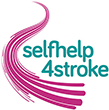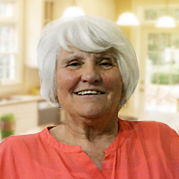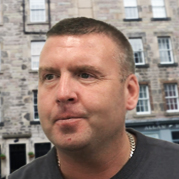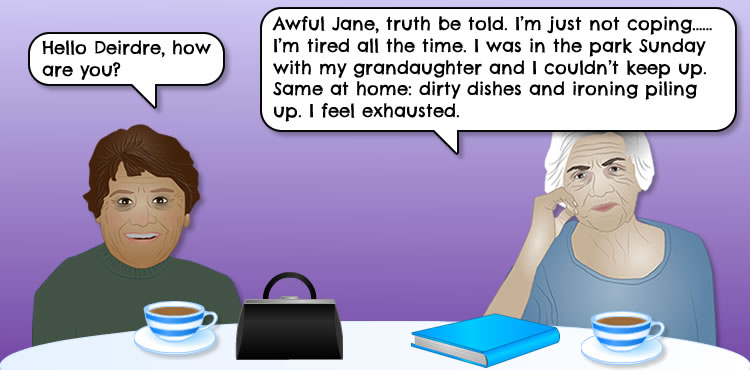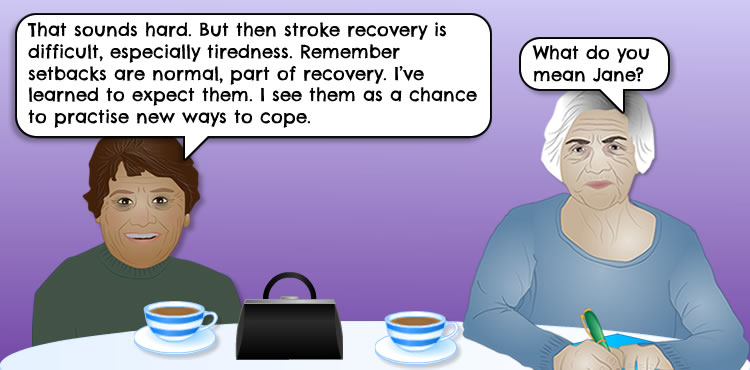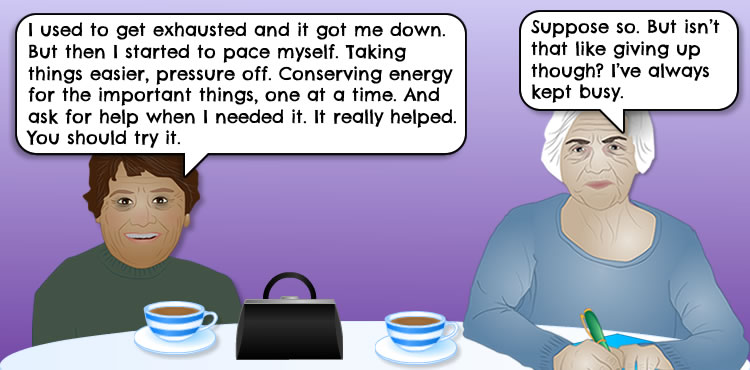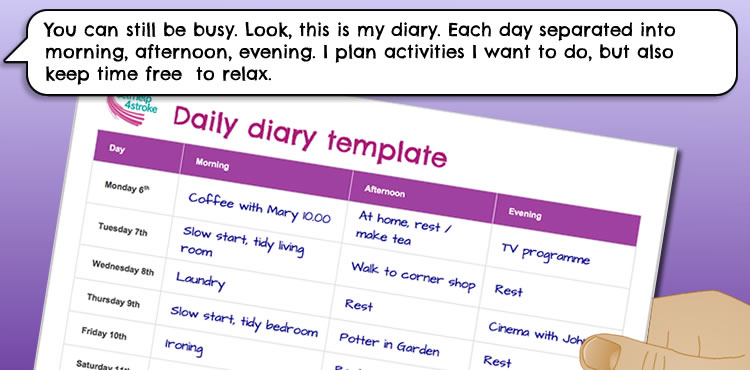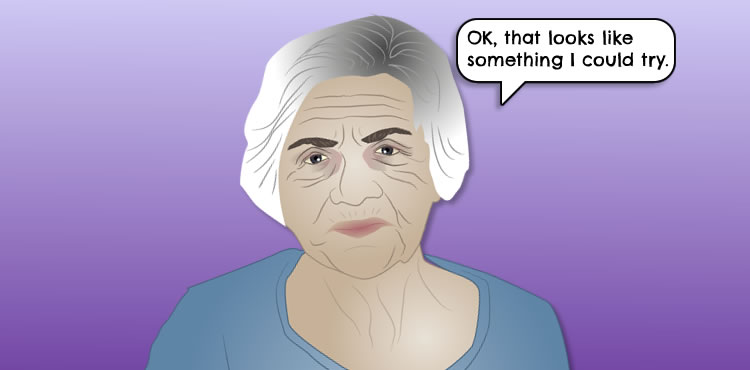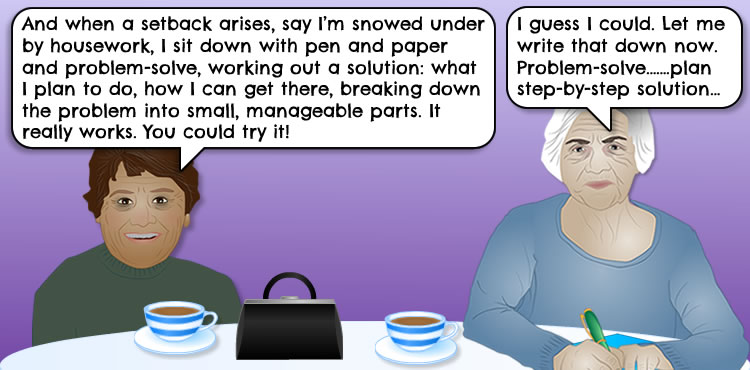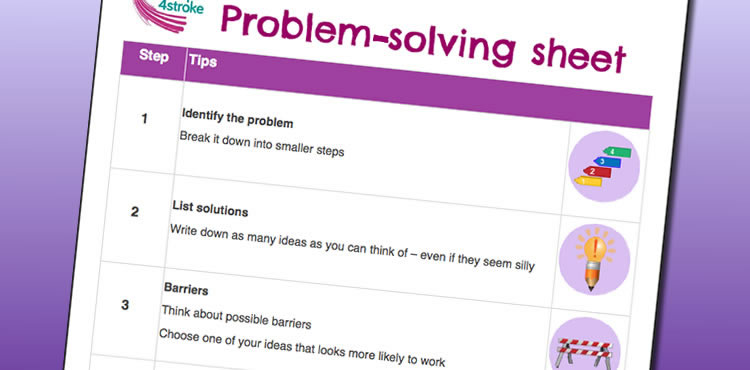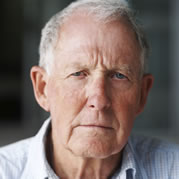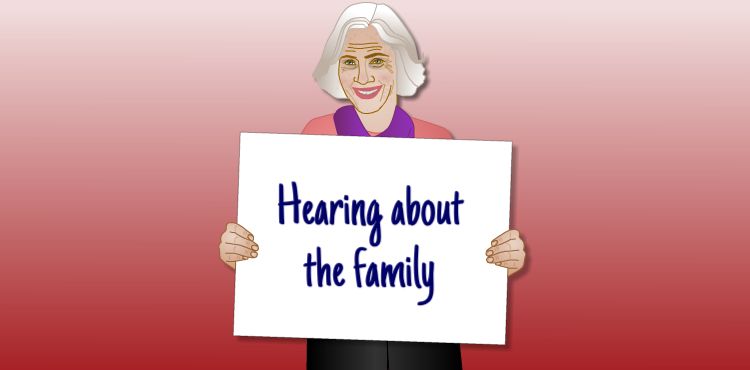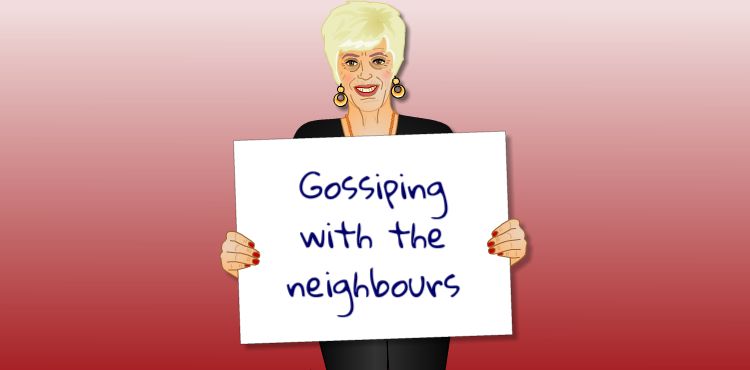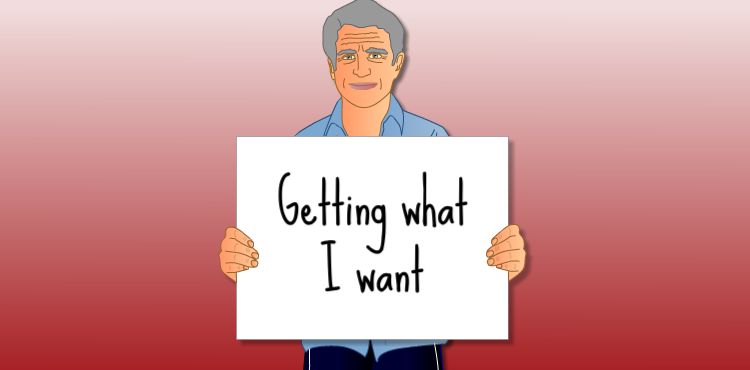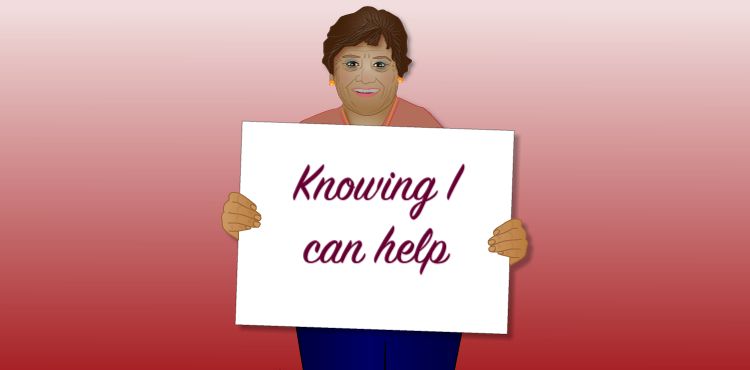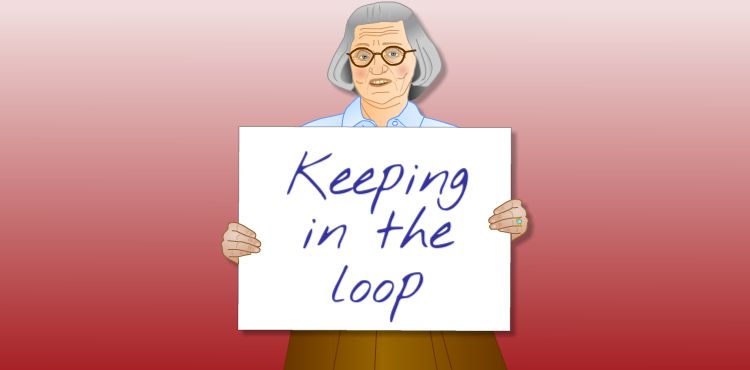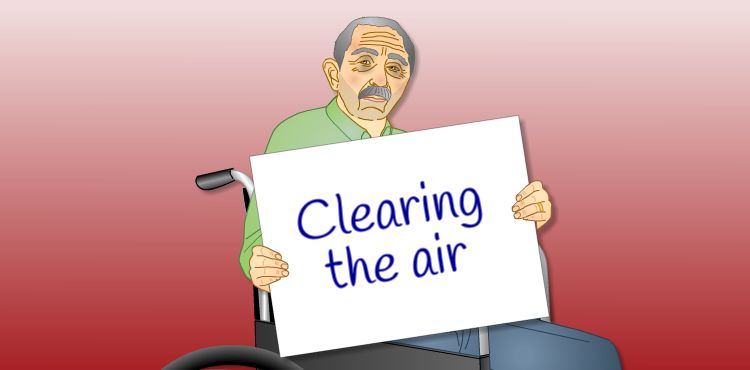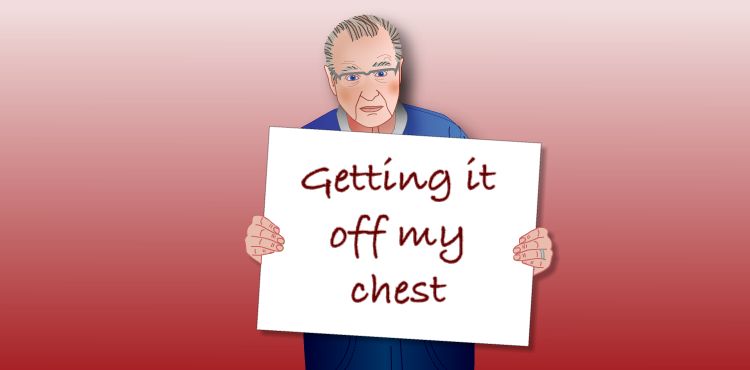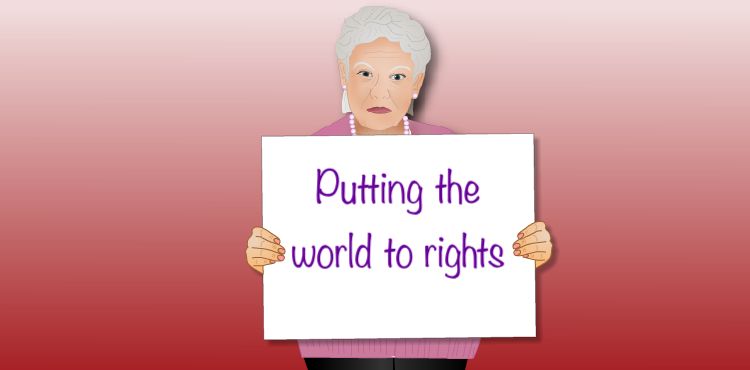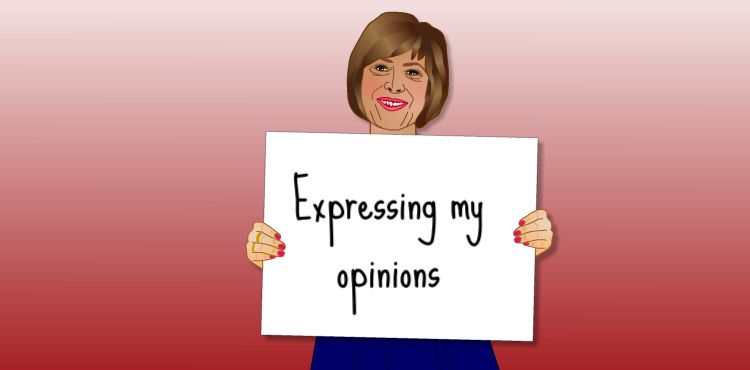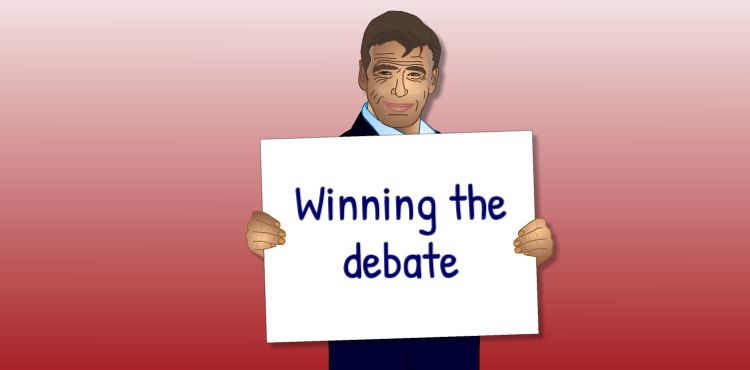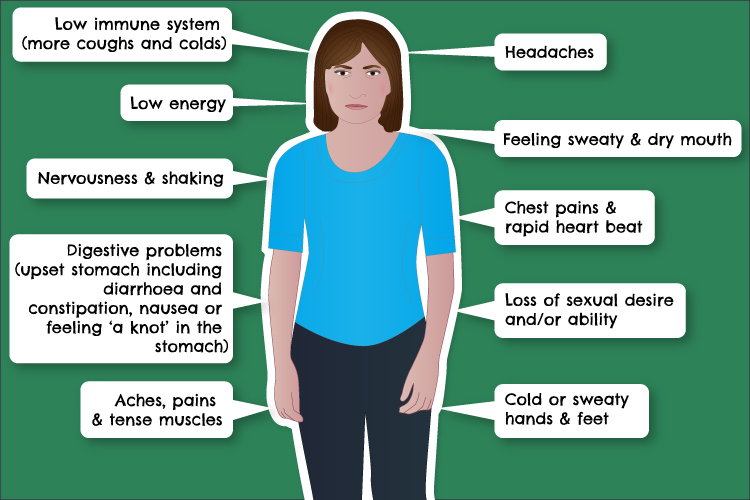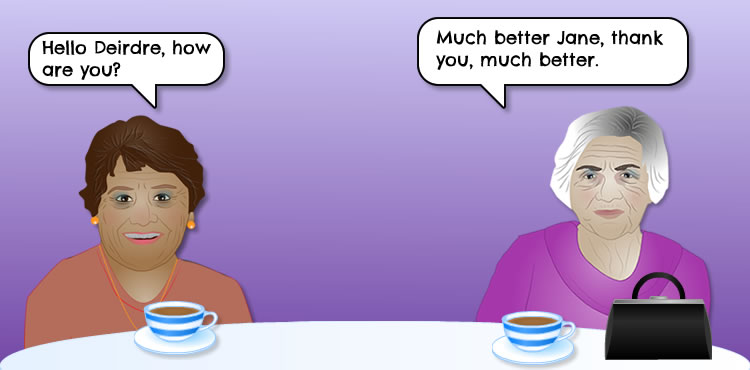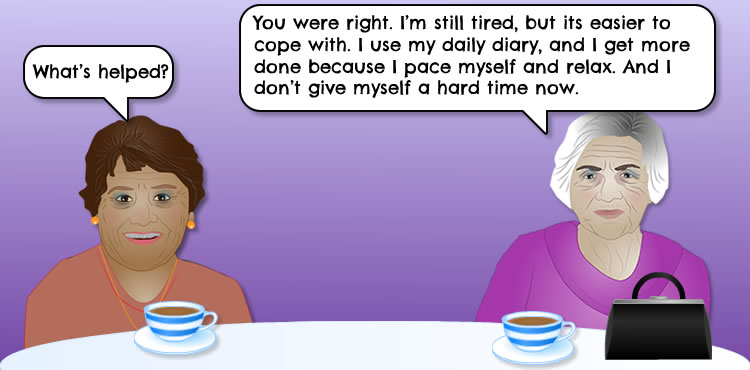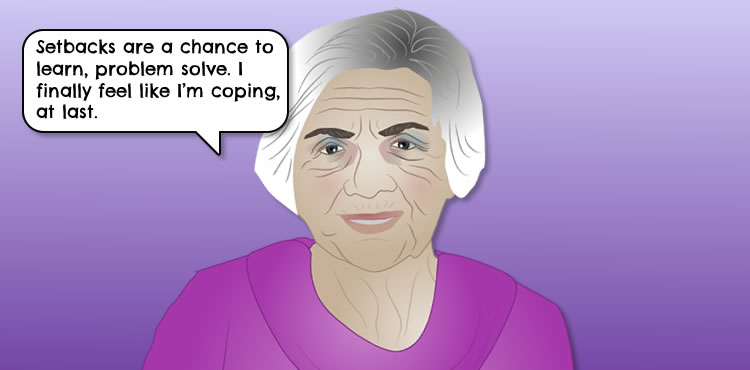
Why have I been prescribed this?
After a stroke, medication plays a big part in your living a long and healthy life.
Medications are used to help:
- manage your symptoms
- improve your quality of life
- help reduce the risk of another stroke
Despite the fact that medications are effective people often do not like taking them and do not take them consistently.
To increase chances of taking your medications consistently, you must really understand what they do.
Why has my dose changed?
After having a stroke you will most likely be on medications for life.
Some of the prescribed medications start off at a low dose and are then increased gradually over the next few months. People often think that increasing the dosage is a bad sign, but it is routine.
Key point
- Your tablets are an essential part of your treatment
- If you are worried about side effects, speak to your doctor or pharmacist
- It is very important that you not stop or change the dosage of your tablets before discussing it with your doctor



